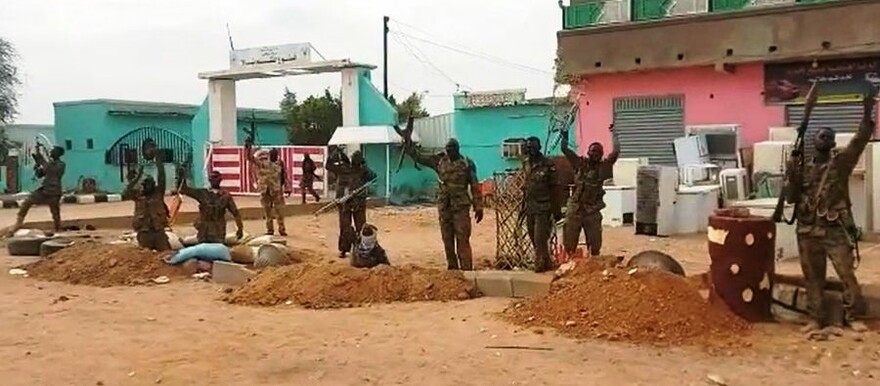Several female activists in the Darfur region have said that the rise in hate speech and ethnic incitement has fueled the conflict in Sudan.
Rafia Idris Hassan, a civil society activist in El Geneina town of West Darfur State, told Radio Tamazuj on Monday that the sharp rise in hate speech on social media has fueled the conflict.
She pointed out that Darfur is known for its ethnic, cultural, and religious diversity and social cohesion, accusing the former regime of Omar al-Bahir of having used diversity in the region to disintegrate societies by spreading hate speech.
She added, “Ethnic cleansing began in 2003 and continued until last April and June, which led to massacres in El Geneina and displacement of thousands of people who are now seeking refuge in Chad.”
She underscored that Sudan’s challenge is hate speech against certain ethnic and religious groups, adding that this form of hate speech may take multiple forms of incitement and mobilization.
“To stop this evil cycle, policy and decision makers must be encouraged to take firm and strict measures against hate speech and raise the level of community awareness and educate the communities about the dangers of discrimination,” she said.
Meanwhile, Fatima Omar, an activist in the area of culture in El Geneina town, said: “It is the responsibility of the government to prevent incitement and protect members of society from brutal crimes. This is not limited to the government only. All segments of society should confront hate speech through policy-making and systematic scientific planning to address social, cultural, political, and economic problems and strengthen collective action and community solidarity.”
Activist Inaam Al-Abed said the material losses could be compensated, but the psychological effects, human rights violations, insults, and humiliation can never be forgotten. She calls on the international community to prosecute the violators of human rights and put an end to hate speech.
Journalist Nadia Bilal said: “The media, especially social media, have played a role in the spread of hate speech, even though most constitutions in the world have guaranteed people freedom of expression.”
She added, “The international community has placed restrictions on hate speech and any form of discrimination, hostility or violence, and some governments in several countries have established legal frameworks against hate speech.”




